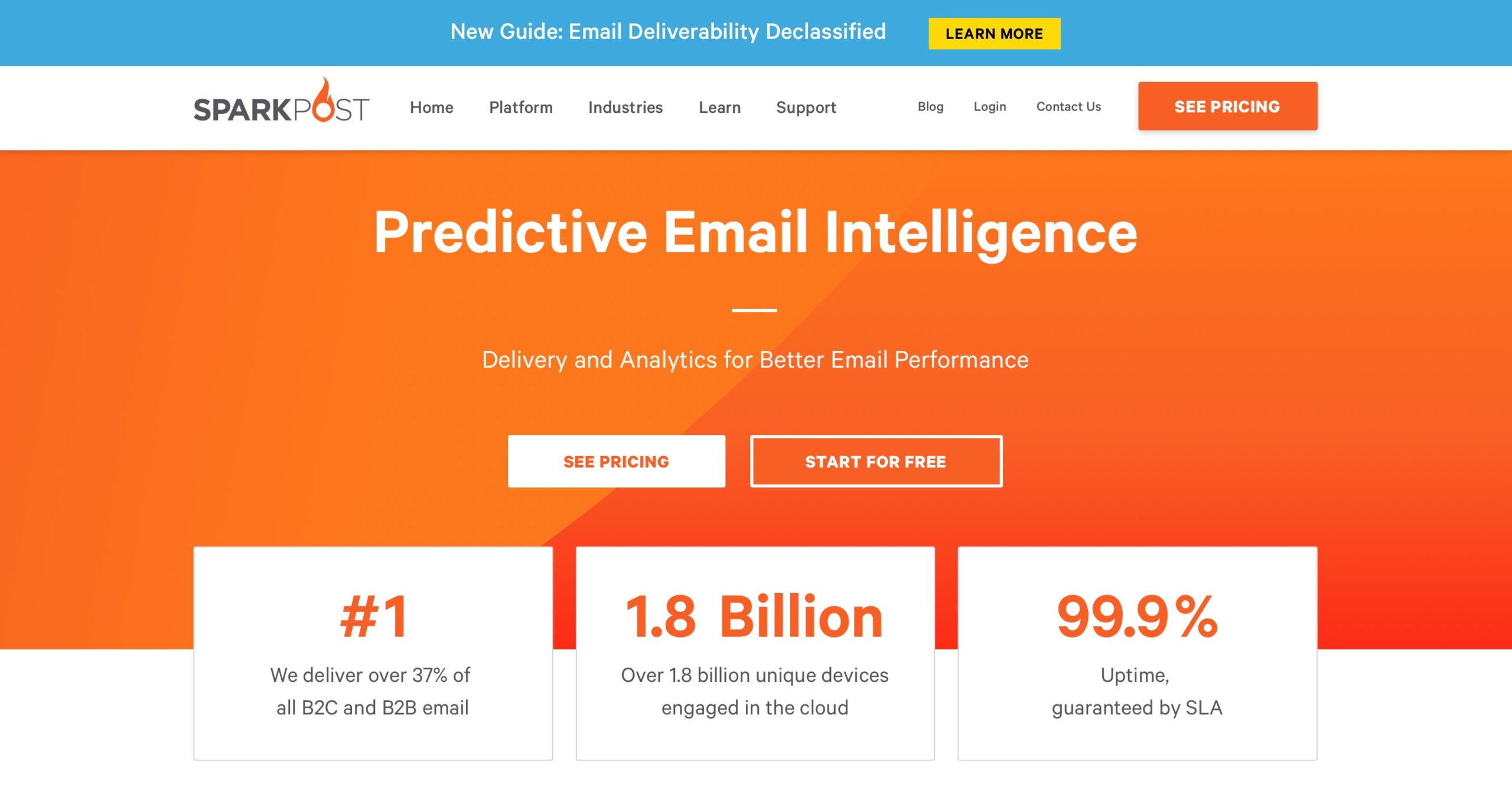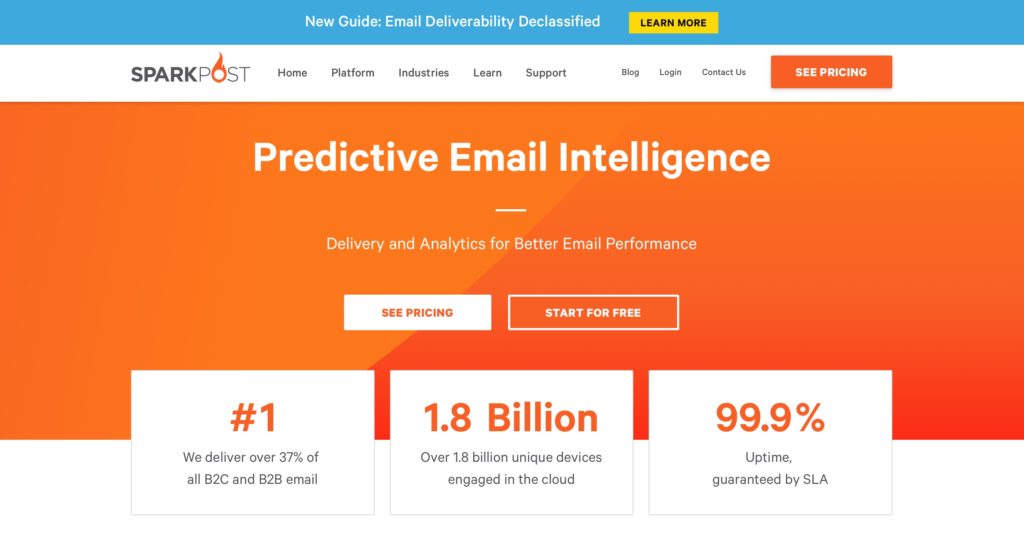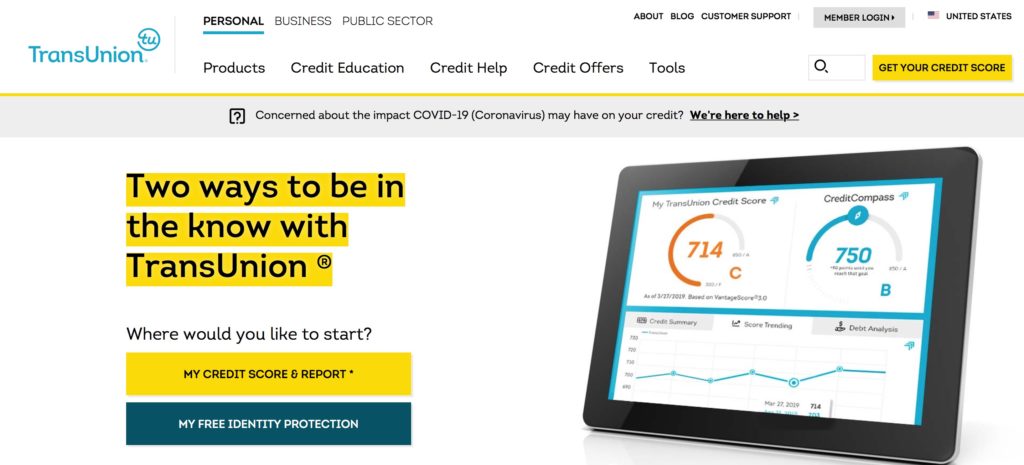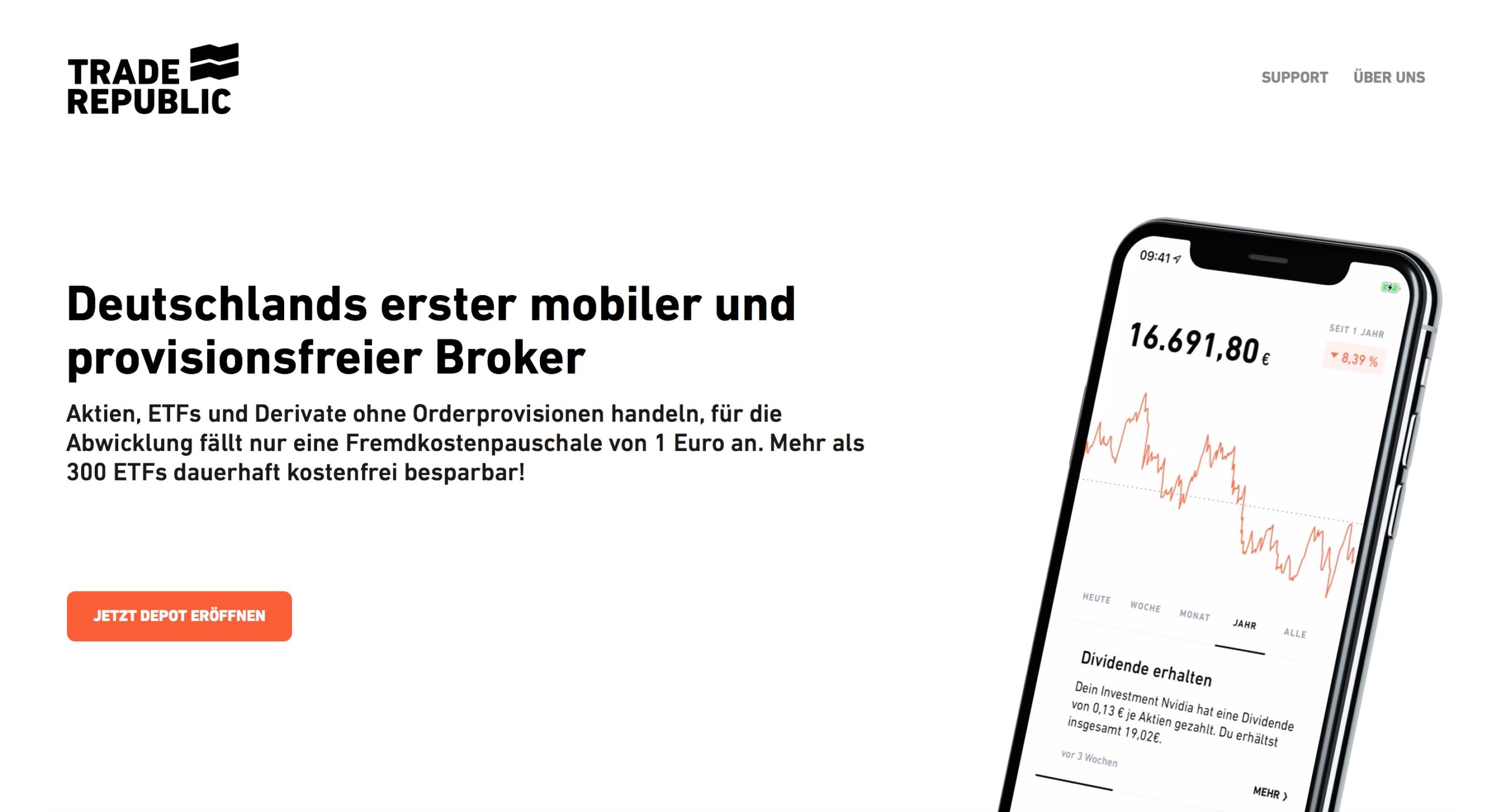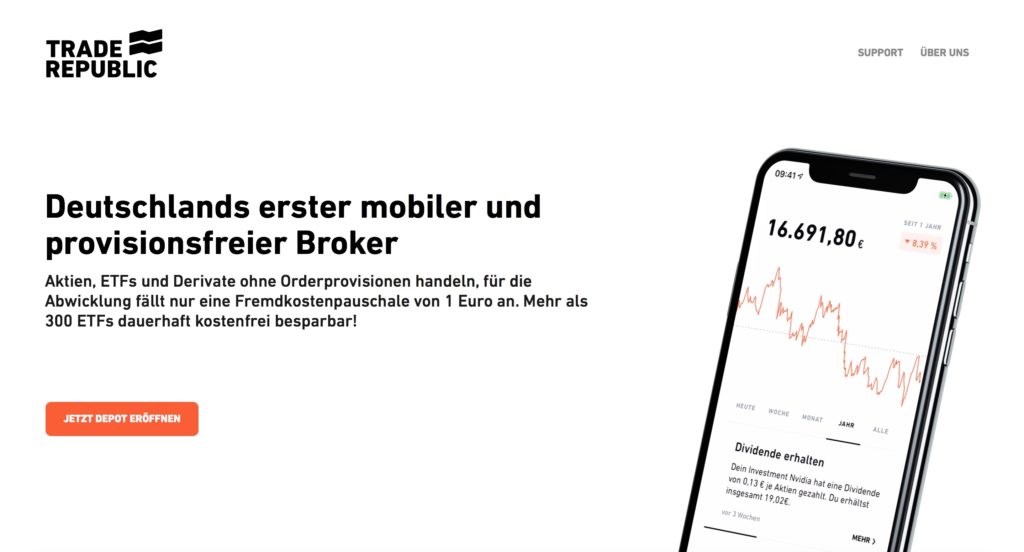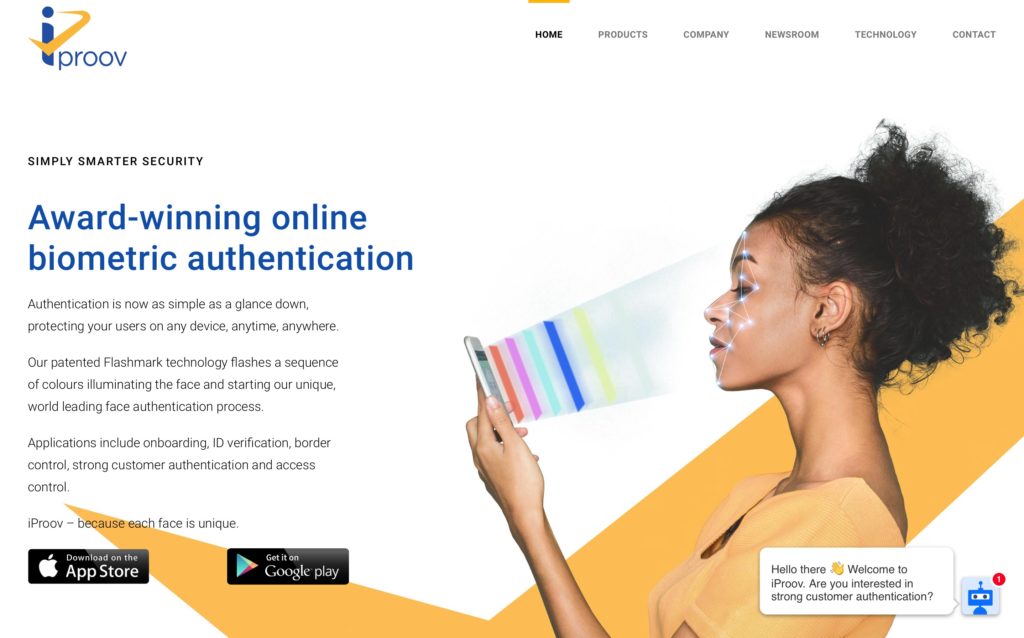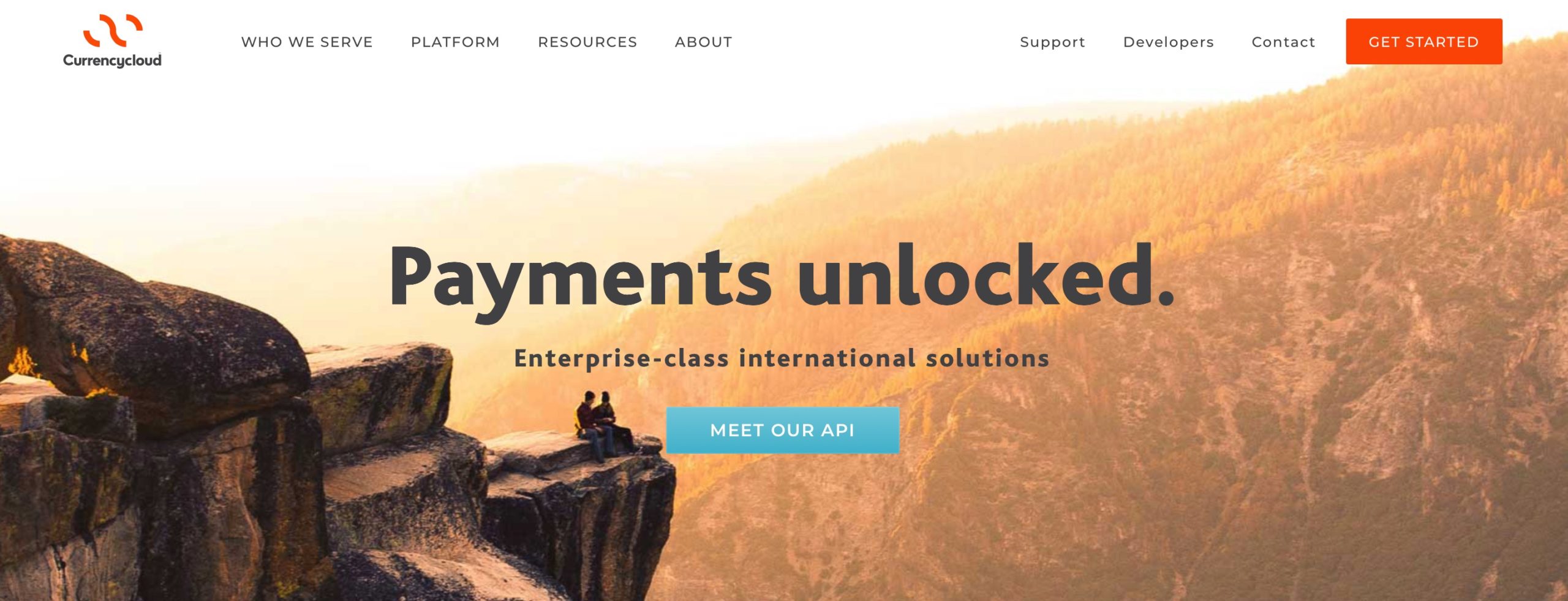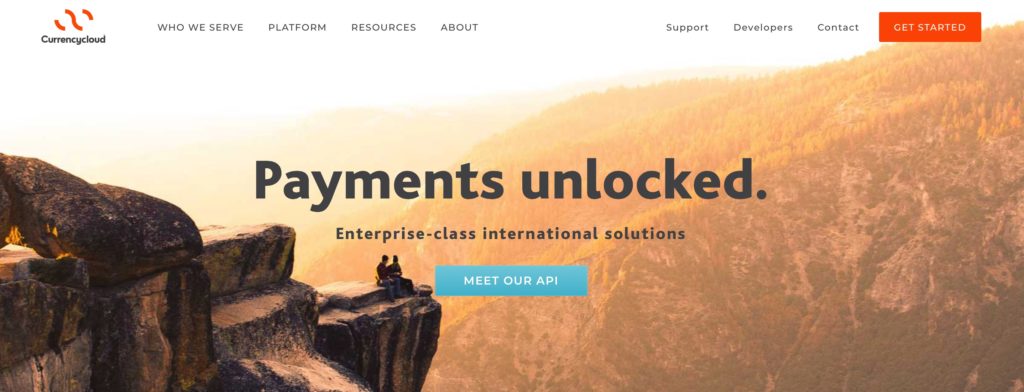
The combination of cloud banking platform Mambu and international money transfer firm TransferWise will enable Mambu customers to offer fast, inexpensive, and transparent international money transfers at the real exchange rate. Mambu will leverage TransferWise’s TransferWise for Banks solution via API, giving its clients an out-of-the-box solution that allows them to focus on building a quality user experience and expanding their offerings.
“By plugging into our API, Mambu just became the world’s number one cloud banking provider to use for international payments,” TransferWise co-founder and CEO Kristo Käärmann said. “From their first day in business, banks gain significant advantages over their competitors, benefiting from the speed and convenience of TransferWise’s services.”

Mambu CTO/CPO Ben Goldin praised TransferWise’s innovations in global money transfer and highlighted the way the partnership will enable Mambu’s customers to take advantage of opportunities around the world. “We were impressed how TransferWise has established itself around the globe spanning infrastructure platform in a highly complex regulatory environment which aligns with our aims,” Goldin said. “We aim to offer best-in-class banking services through our cloud platform and are pleased that international banking is no longer of any concern for our customers.”
A Finovate alum since 2013, TransferWise has forged partnerships with companies like Alipay to enable fund transfers to China, and brought its TransferWise for Banks technology to Canada courtesy of a partnership with EQ Bank. Founded in 2010, the U.K.-based company moves more than $5 billion every month, has more than seven million customers, and estimates that it saves its users $1.5 billion in money that would otherwise be paid in hidden fees every year.
Transferwise has raised more than $772 million in total funding. BlackRock, Lone Pine Capital, LHV Ventures, and Andreessen Horowitz are among the company’s investors.
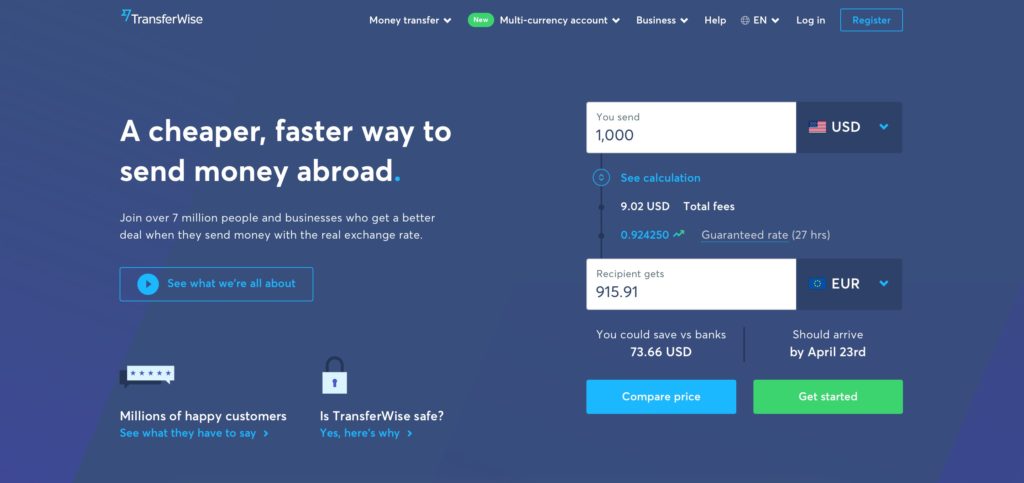
Germany’s Mambu offers a cloud banking platform that enables users to quickly build, launch, and service loan, deposit, and other financial products. Since its inception in 2011, the company has partnered with challenger banks like N26 and, more recently, teamed up with digital consultancy Mobiquity to provide its digital banking solutions to more financial institutions and fintechs.
“Our partnership with Mambu allows us to extend our service offering to the core banking layer, next to our existing solutions and serve our clients full circle on all layers,” Mobiquity Client Strategy Partner Paul van Dommelenn said. He referred to Mambu as having “a reputation as the most successful next-generation core banking provider.”
Mambu has raised $45.4 million (€42 million) in funding. The company is an alum of both our primary Finovate conference as well as our developers conference, FinDEVr.

